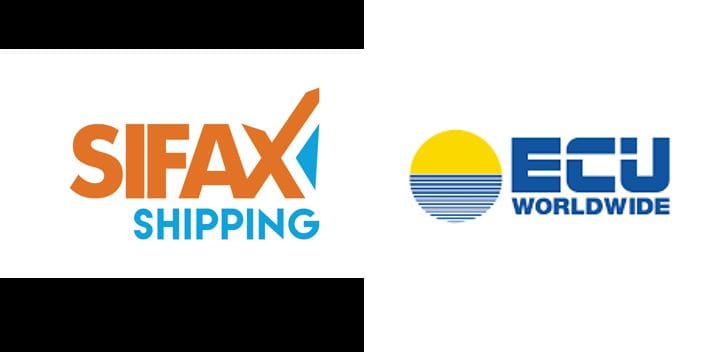The Nigerian Civil Aviation Authority (NCAA) has relaxed rules that subject local airlines and their crew to mandatory quarantine after travel to and from coronavirus high-risk countries.
The relaxation was contained in a new set of directives issued to operators in the country, entitled: “NCAA COVID-19 Guidelines on the Management of Crew Members.”
The move, it was learnt may not be unconnected with the recent row between Air Peace and public health authorities in an attempt to quarantine crewmembers shortly after the airline returned from China with medical supplies and doctors.
NCAA Director-General of NCAA, Captain Musa Nuhu, said it had “come to the notice of the apex regulatory body that some operators had their crew members placed in quarantine for several days after a short stay in areas considered as high risk, when in actual fact, they did not leave the aircraft during the respective temporary stay.”
The regulator stated that where crew members, maintenance or cargo and load specialised personnel are involved in flights with a short stay at the destination or in special flights, they “do not need to be under medical quarantine and observation after returning, provided they did not have a symptomatic passenger or crew member or onboard and could make good pre-return preparations by strictly observing some requirements.”
He added: “Where possible, after returning to home base, but not later than 48 hours from the first contact with the suspected passenger, the respective crewmembers should be asked to take appropriate self-isolation measures pending the result of passenger’s test.
“If the test is positive, the respective crewmember(s) should be placed in quarantine for 14 days from the last contact with the confirmed case.”
The NCAA pointed out that only one flight or technical crewmember should be allowed to disembark for external inspection, refuelling, among others, though direct contact with the ground crew in a high area should be avoided.
To the greatest extent possible, the NCAA directed that no ground personnel should be allowed to embark the aircraft except for remediation of technical problems or other ground staff whose presence onboard is essential for performing their tasks. When such personnel are onboard, it said, they should be required to wear appropriate Personnel Protective Equipment (PPEs).
The agency urged crewmembers observe measures to minimise direct contact, including wearing PPEs such as facemasks and gloves.
 The New Experience Newspapers Online News Indepth, Analysis and More
The New Experience Newspapers Online News Indepth, Analysis and More
